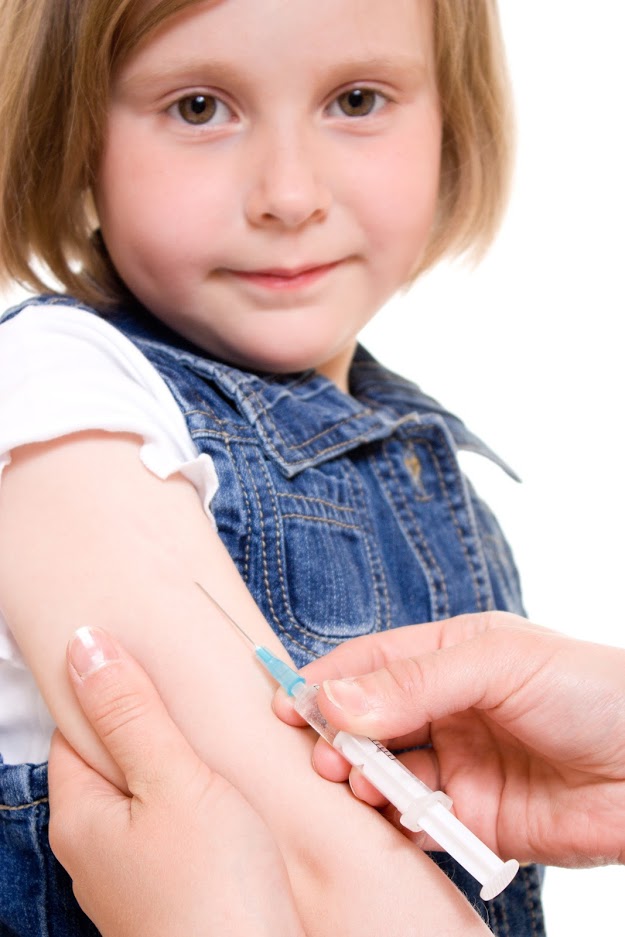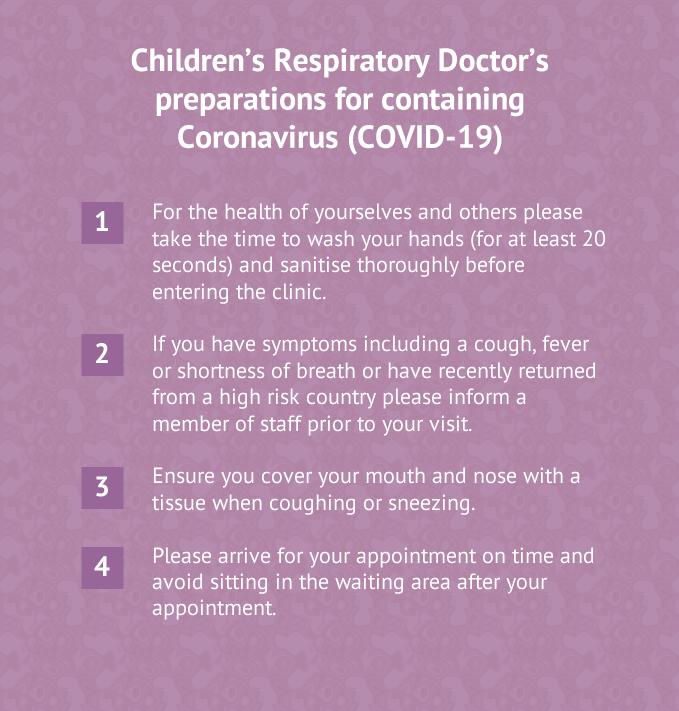Vaccinations are a key part of your child’s routine healthcare, but what exactly is a vaccination and how does it protect your child? Keep reading to learn about the important benefits of vaccination for your child and for the community as a whole.

What is a Vaccination?
Vaccines are medications that can teach your child’s immune system how to respond to different kinds of infection. If your child encounters that virus in the future, their immune system will recognise it and produce antibodies to defeat it. The vaccine triggers the same memory and protection than an infection would, but without any of the same symptoms or risks. Vaccines contain weakened or dead germs or harmless parts of the germ that the immune system can respond to, but which can’t cause an infection.
Children in the UK are vaccinated against many potentially harmful diseases including measles, meningitis, polio, tetanus and HPV. Some children can’t receive vaccinations because they have allergies to ingredients such as egg proteins that are contained in them. Children who have certain health problems (especially conditions that weaken the immune system) may also be unable to receive certain kinds of vaccinations. However, most children should be able to have all of their routine childhood vaccinations to protect them against the most serious diseases.
Benefits of Vaccination
Getting vaccinated has some big benefits for children. Since routine vaccination was introduced to the UK, we have all been able to enjoy much healthier childhoods. Children spend a lot less time being ill now, which means they are free to enjoy their childhoods and avoid interruptions to their education. Children are also far less likely to experience serious complications from infectious diseases. Before routine vaccination, most children caught measles and large numbers were affected by conditions such as polio. Many were left with permanent disabilities as a result of these conditions and others died as a result of infections that we can now prevent with vaccinations. Approximately 2-3 million deaths are prevented worldwide each year thanks to vaccinations.
Vaccinations also have wider benefits as they can help to protect the people around us. Some older people did not receive the same vaccinations that are available today. Other people (including children) can’t have certain vaccinations because of a pre-existing health problem. When enough healthy people have been vaccinated, it can prevent diseases from spreading and reaching these vulnerable people. It is particularly important to get vaccinated if any member of your family is at risk because they can’t receive the vaccine themselves.
When enough people are vaccinated, it is possible to eliminate a disease completely. So far, the only human disease that has been eradicated from the world is smallpox. However, others such as polio have been reduced so much that they could soon follow as long as everyone keeps getting vaccinated. Once a disease has been eliminated, we will no longer need to be vaccinated against it as there will be no risk of catching it.



